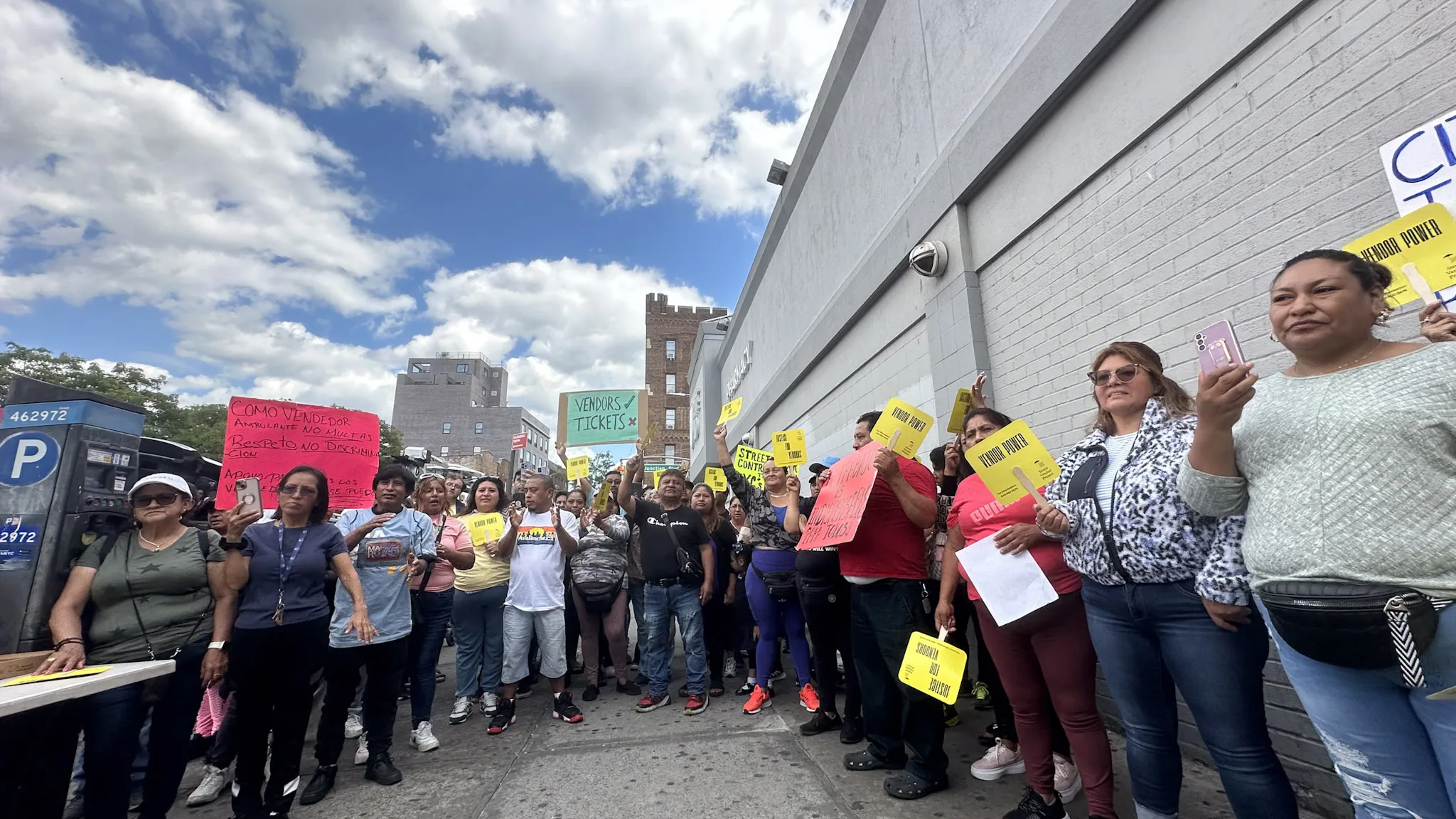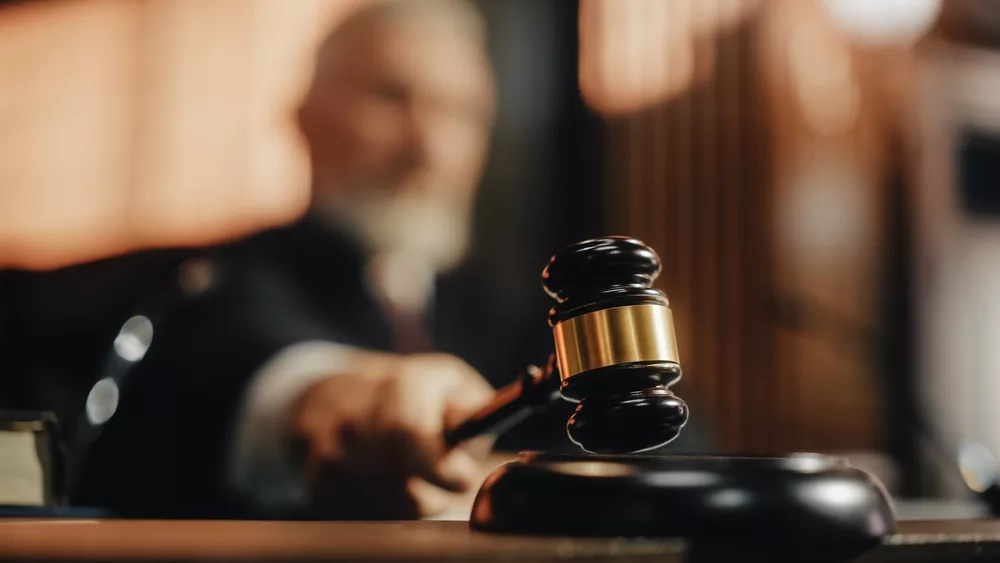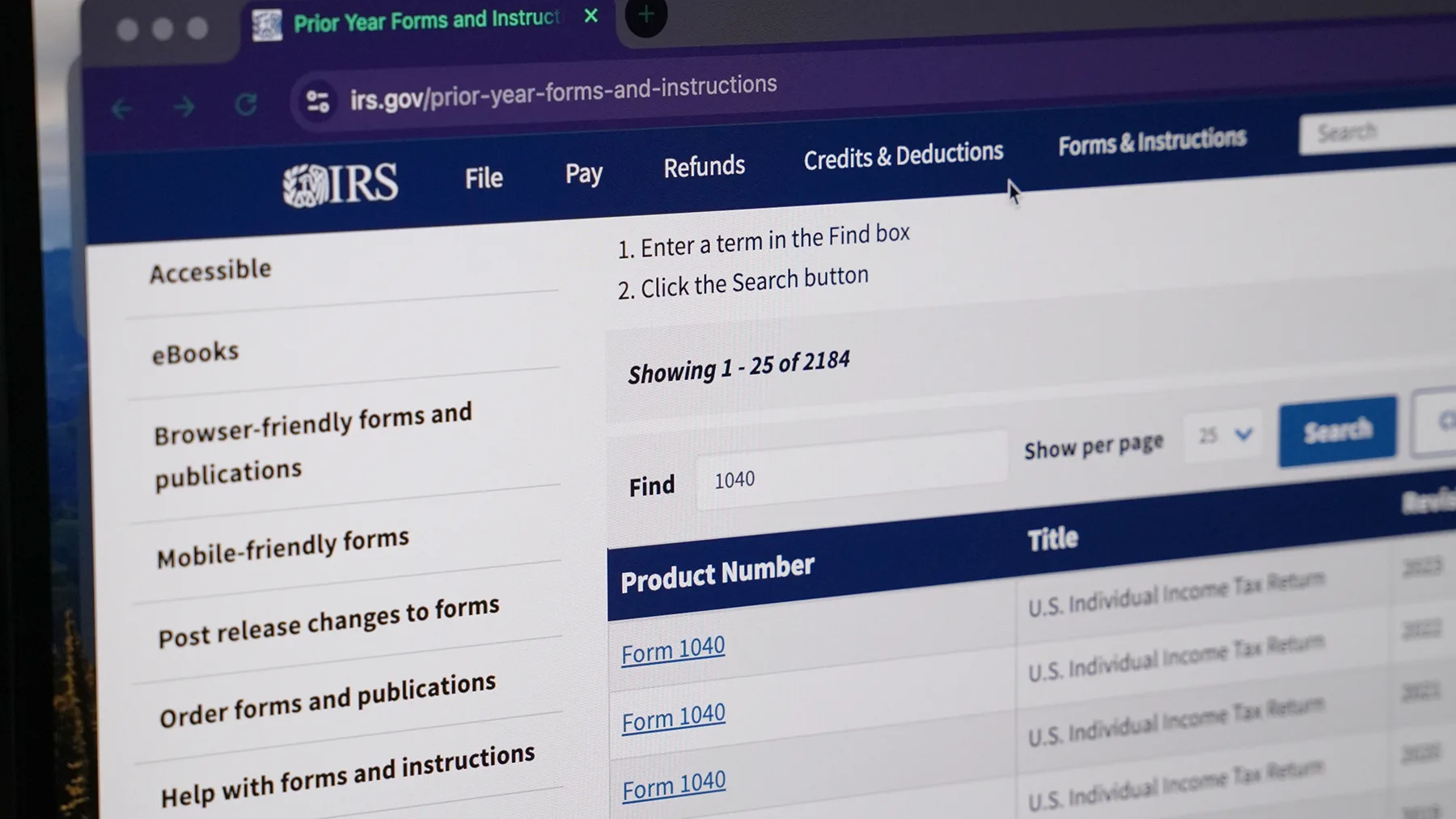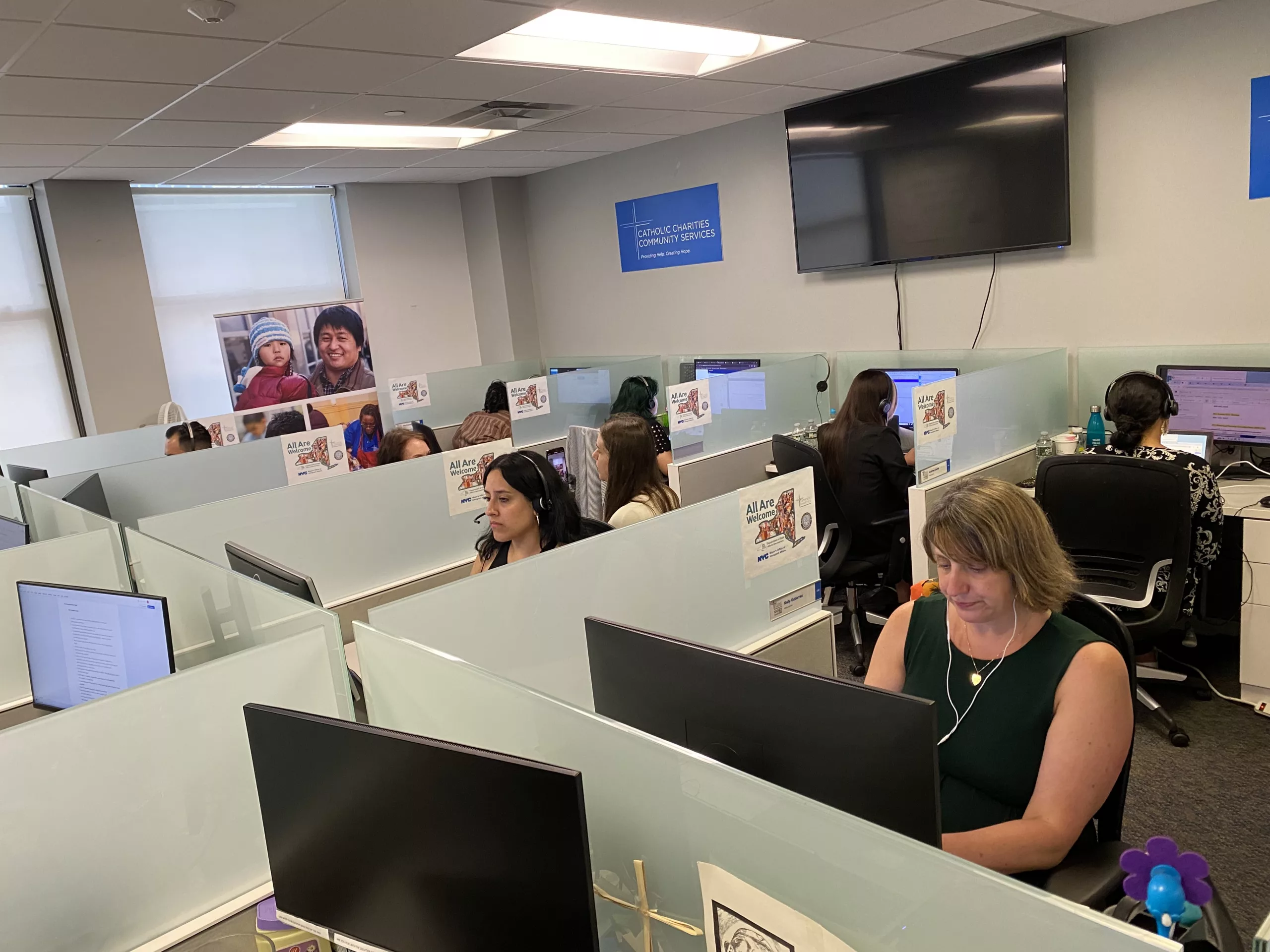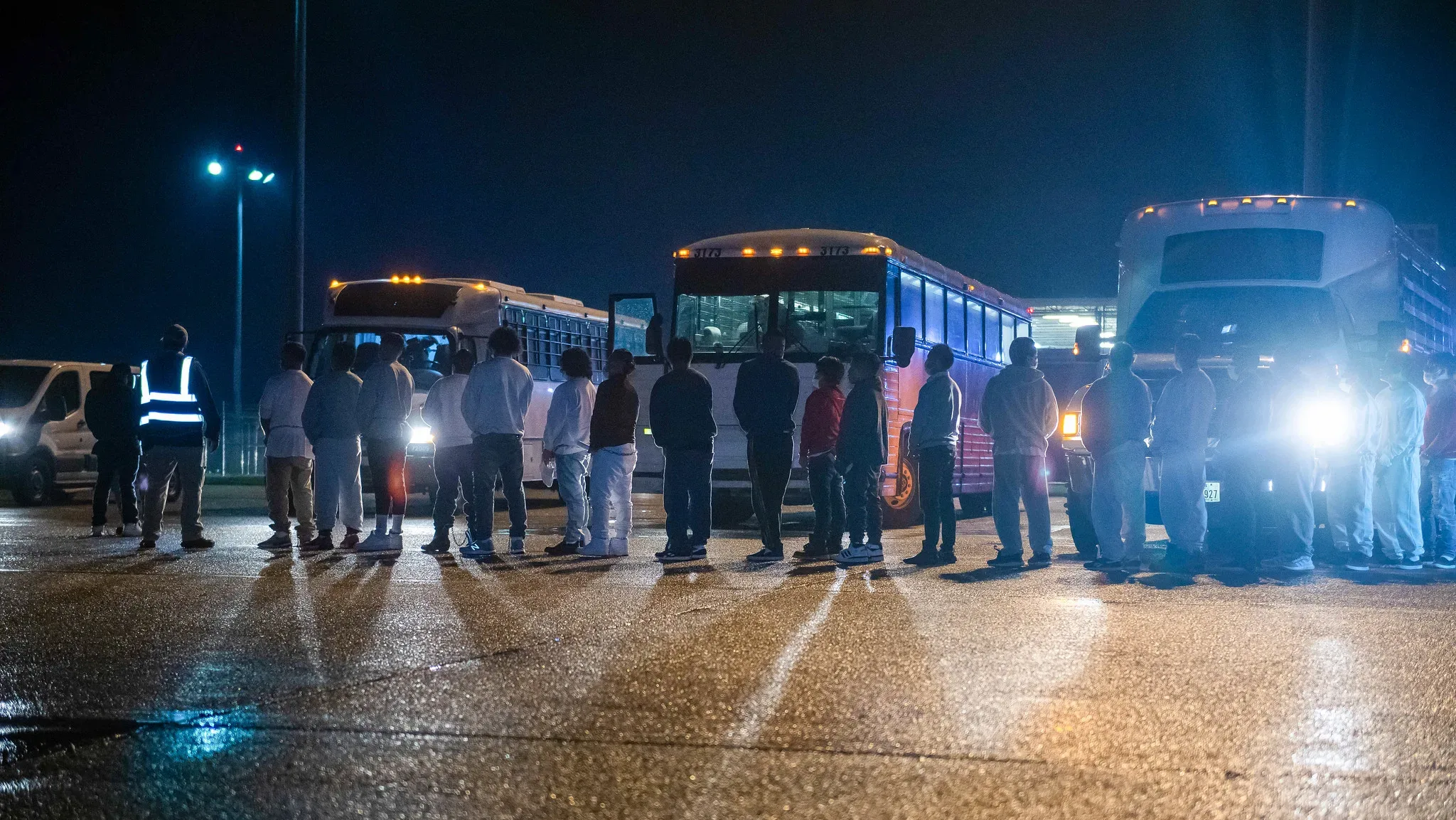This past week, the need for expanding vending permits came to a head when Blanca Alvarado, 44, witnessed her food cart crushed by a garbage truck. On Monday, dozens of street vendors in Queens joined her in protesting the NYPD’s destruction of their carts because they lack the proper permits. In response to the aggressive enforcement, vendors are calling for the city to increase the number of permits available so they can legally sell goods on city streets.
Since 2020, Alvarado has sold tripa mishqui, a popular South American street food consisting of grilled beef small intestine and served with a choice of boiled potatoes or corn. When she first arrived in New York from her native Ecuador in 2019, she worked as a restaurant cook. But after she lost her job due to the pandemic, and her husband died from COVID complications, she was left with few options to provide for her two children.
Also Read: Street Vendors Occupy Corona Plaza to Protest NYC Crackdown
Customizing her food cart from scratch set her back $6,000. She poured all her savings into paying the $3,000 down payment, paying the rest off in installments. Costing around $12 a plate, her tripa mishqui became a popular delicacy for those traveling along Corona’s Junction Boulevard. That popularity allowed her to earn a modest income that kept her family afloat during their most trying time.
But on Aug. 23, while Alvarado was packing up for the day, a group of police officers surrounded her. “It felt like an ambush,” she said. “By the time I realized what was going on, the police were all around me asking for a license.”
Several police officers demanded to see her vending license. It was not the first time she had dealt with police, so she calmly gave them her food-handling license. However, Alvarado did not possess a general vendor permit that would allow her to operate her own food cart. Her food handling license only allowed her to work at a food cart, not operate one.
For decades, the city has capped the number of licenses and permits issued to vendors, with only 853 licenses currently issued to non-veteran general vendors. Currently, there is a massive backlog of 10,809 New Yorkers waitlisted. With so many seeking a permit, the city has pulled the brakes on new applicants since 2016.
Also Read: How to Apply for a Street Vendor Permit and License in New York City
Alvarado says the police issued her three summonses, one for vending without a permit, another for not displaying her license, and the final one for improper placement of her vending materials. Despite the summonses, Alvarado says the police went one step further by confiscating her cart and dumping it into a garbage truck.
A video recorded by another street vendor shows the moment police tossed Alvarado’s cart into the truck. She begged and pleaded with them to stop, to no avail. “When they placed the cart in the garbage truck and crushed it, I had to turn away because I couldn’t watch,” she said. “It was horrible.”
As the cart that she spent so much time and money on crushed and crackled under the immense pressure of the garbage truck’s hydraulic compactor, with an average force of 2,750 pounds per square inch, Alvarado said she was racked with anxiety. “I was mostly worried about what was going to happen next, so I walked away and cried,” she said.
According to the advocacy organization the Street Vendor Project, Alvarado was one of five vendors whose carts were confiscated and crushed by the NYPD 115th Precinct, which patrols Junction Boulevard.
Street Vendor Project’s Deputy Director Carina Kaufman-Gutierrez says that when they destroyed the vendors’ carts without an opportunity to contest the seizure, the 115th Precinct repeatedly violated the due process clause of the 14th Amendment of the U.S. Constitution, as well as the NYPD’s own standard property vouchering protocol.
“The NYPD should be upholding the law, not breaking it and destroying the livelihoods of immigrant small business owners who support our neighborhoods with fresh, affordable food,” Kaufman-Gutierrez said.
In response to the uproar, Queens Borough President Donovan Richards is pushing to expand the number of areas where unregulated vendors could ply their trade.
Also Read: Street Vendors Fight for Public Space Outside Hudson Yards
In 2023, the Adams administration announced the establishment of the first-of-its-kind Community Vending Area at Corona Plaza that allows long-time vendors the ability to operate in the plaza with city approval. The announcement came after vendors protested repeated police crackdowns.
Now BP Richards is calling for that program to be replicated across Queens as well as the lifting of the cap on street vendor licenses.
“The city must do more to uplift our street vendors while simultaneously ensuring the locations in which they vend are properly regulated and maintained,” said BP’s spokesperson, Chris Barca, in a statement to Documented. “That’s why the Borough President continues to work with the administration on a plan to expand the Corona Plaza street vending pilot program to other locations where vending has been a mainstay for years, and for the immediate lifting of the arbitrary cap on vending licenses distributed by the city.”
Still, Richards’ push to expand the Corona Plaza model to the rest of Queens may not be a long-term solution for vendors like Alvarado. Since the market’s reopening last November, many vendors have struggled to earn a living, with only 38 vendors remaining of the previously 80 vendors that packed the once bustling market.
As a permanent solution, the Street Vendor Project is calling for the passage of several bills, including a bill that would ensure vendor access to business licensing, a bill that would reduce criminal liability for vendors, and a bill that would create a division of street vendor assistance within the Department of Small Business Services.
Neither the NYPD nor the mayor’s office could be reached for comment. The Department of Sanitation deferred all inquiries to the NYPD.
Meanwhile, Alvarado, who attended Monday’s rally, has been left without any means to support her family. She is unsure what the future may hold.
“I have not been working since they took my business,” she said. “Now I have these tickets over my head. I’m scared to start vending again because of the police, so I’m just looking for a job to support my family.”
